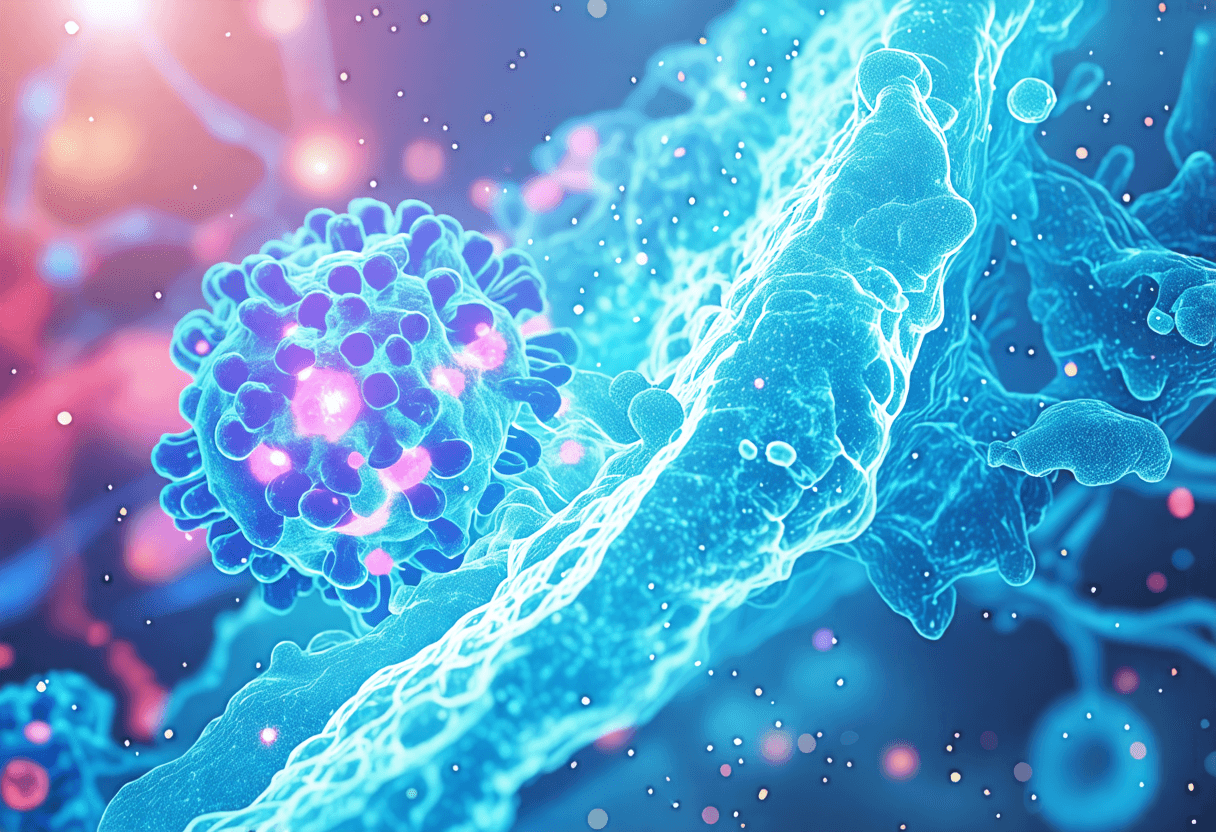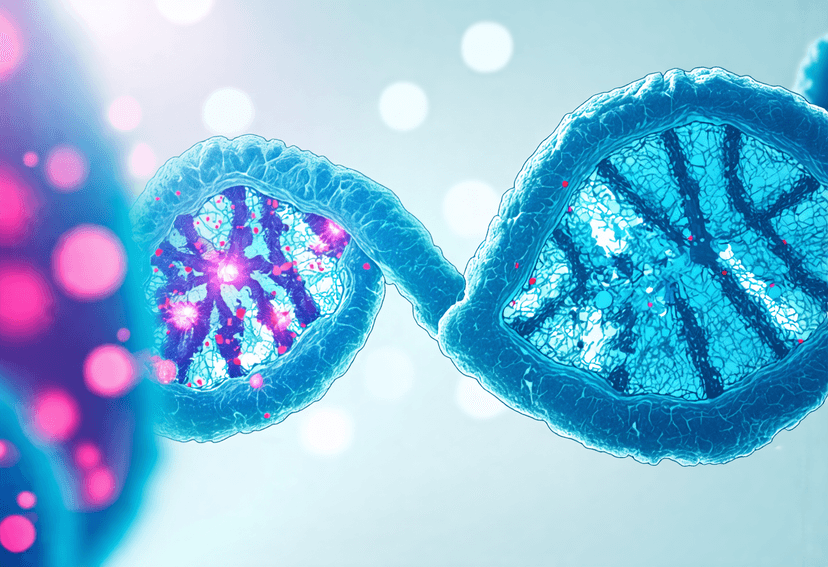
Understanding the Role of Inflammation in Sarcoma
14 Dec, 2024
 Healthtrip
HealthtripWhen it comes to understanding sarcoma, a rare and aggressive form of cancer that affects the connective tissue, one crucial aspect that often gets overlooked is the role of inflammation. While it's widely recognized that inflammation is a hallmark of many diseases, its significance in sarcoma is still not fully grasped. At Healthtrip, we believe that shedding light on this critical aspect can empower patients and caregivers to make informed decisions about their treatment options.
The Complex Relationship Between Inflammation and Cancer
Inflammation is a natural response of the immune system to injury or infection, aimed at protecting the body from harm. However, when it becomes chronic, it can have devastating consequences. In the context of cancer, inflammation can be both a cause and a consequence of tumor development. It's a vicious cycle where cancer cells produce pro-inflammatory factors that attract immune cells, which in turn release more pro-inflammatory molecules, creating a perpetual loop of inflammation.
Most popular procedures in India
The Tumor Microenvironment: A Hotbed of Inflammation
In sarcoma, the tumor microenvironment is a complex ecosystem comprising cancer cells, immune cells, and various signaling molecules. This environment is characterized by a high degree of inflammation, which fosters tumor growth, metastasis, and resistance to therapy. The inflammatory cells present in the tumor microenvironment, such as macrophages and T cells, can either promote or suppress tumor growth, depending on their functional orientation.
Wellness Treatments
Give yourself the time to relax
Lowest Prices Guaranteed!

Lowest Prices Guaranteed!
Inflammation as a Driver of Sarcoma Progression
Chronic inflammation in sarcoma can lead to the production of pro-inflammatory cytokines, such as IL-1?, IL-6, and TNF-?, which promote tumor cell proliferation, migration, and invasion. Additionally, inflammation can induce DNA damage, epigenetic alterations, and the suppression of anti-tumor immune responses, ultimately contributing to sarcoma progression. Furthermore, the inflammatory microenvironment can also lead to the development of resistance to chemotherapy and radiation therapy, making treatment more challenging.
The Impact of Inflammation on Patient Outcomes
The consequences of unchecked inflammation in sarcoma patients can be far-reaching. Chronic inflammation can lead to systemic symptoms such as fatigue, pain, and weight loss, significantly affecting quality of life. Moreover, the suppression of anti-tumor immune responses can increase the risk of metastasis and recurrence, ultimately affecting overall survival rates. Therefore, understanding the role of inflammation in sarcoma is crucial for the development of effective treatment strategies that can improve patient outcomes.
Targeting Inflammation in Sarcoma Treatment
Given the significance of inflammation in sarcoma, it's essential to develop therapeutic strategies that target this critical aspect. At Healthtrip, we believe that a comprehensive approach that combines conventional therapies with anti-inflammatory interventions can lead to better treatment outcomes. This may involve the use of anti-inflammatory drugs, immunotherapies, or even alternative therapies such as acupuncture or meditation to reduce inflammation and promote a pro-inflammatory to anti-inflammatory shift.
Personalized Medicine: The Future of Sarcoma Treatment
The future of sarcoma treatment lies in personalized medicine, where treatment strategies are tailored to individual patients based on their unique genetic and molecular profiles. By identifying specific inflammatory biomarkers and molecular signatures, clinicians can develop targeted therapies that address the underlying biology of the disease. At Healthtrip, we're committed to staying at the forefront of this revolution, ensuring that our patients receive the most effective and innovative treatment options available.
Conclusion
In conclusion, inflammation plays a critical role in sarcoma, driving tumor progression, suppressing anti-tumor immune responses, and affecting patient outcomes. By understanding the complex relationship between inflammation and cancer, we can develop more effective treatment strategies that target this critical aspect. At Healthtrip, we're dedicated to providing our patients with access to the latest research, innovative treatments, and personalized care, empowering them to take control of their health and wellbeing.
Related Blogs

Unraveling the Mysteries of Health: Expert Insights from Mayo Clinic
Get expert advice and insights from Mayo Clinic's renowned healthcare

Understanding Sarcoma Cancer Causes
Learn about the causes and risk factors of sarcoma cancer

The Role of Oncogenes in Sarcoma Cancer Development
Learn about the role of oncogenes in sarcoma cancer development

The Link Between Autoimmune Disorders and Sarcoma
Explore the connection between autoimmune disorders and sarcoma cancer development

Sarcoma Cancer Causes and Risk Factors
Get informed about the causes and risk factors of sarcoma

The Role of Family History in Sarcoma Cancer Risk
Learn how family history affects sarcoma cancer risk










